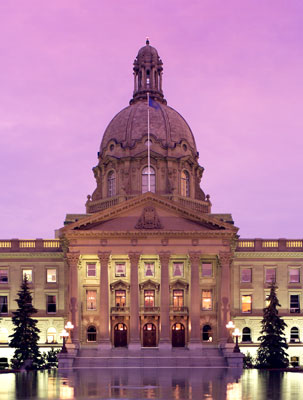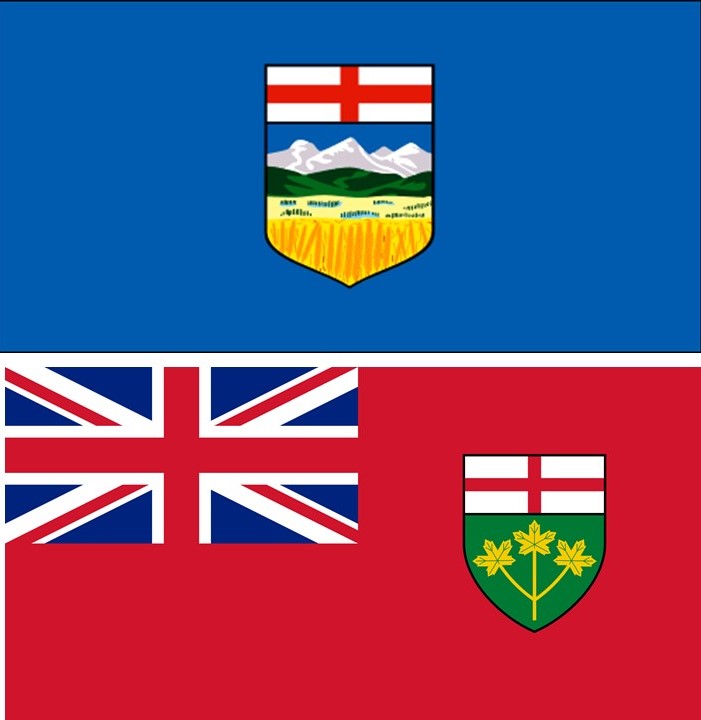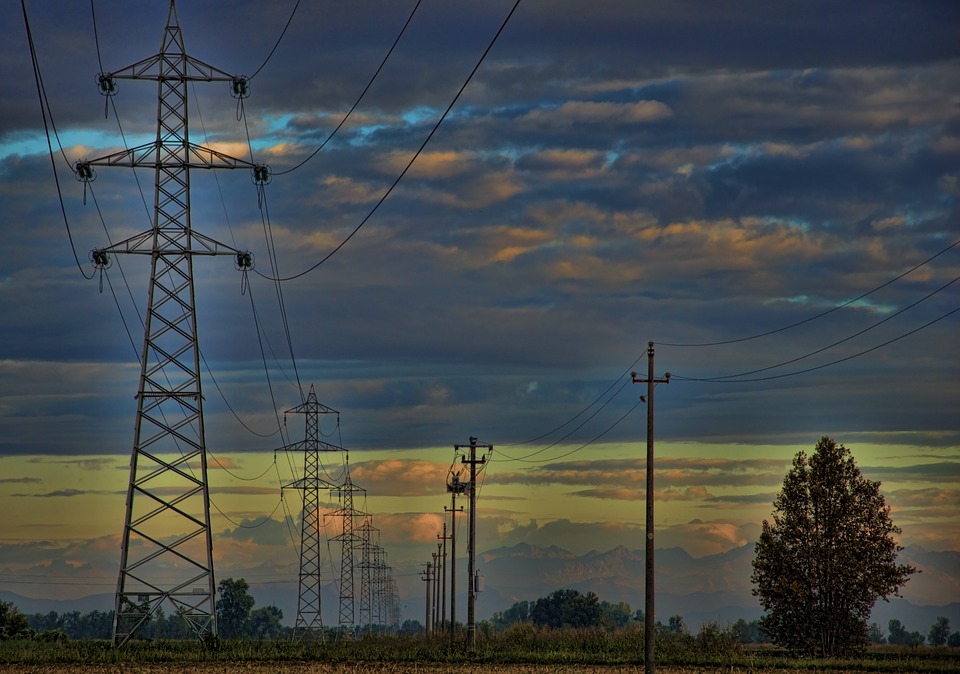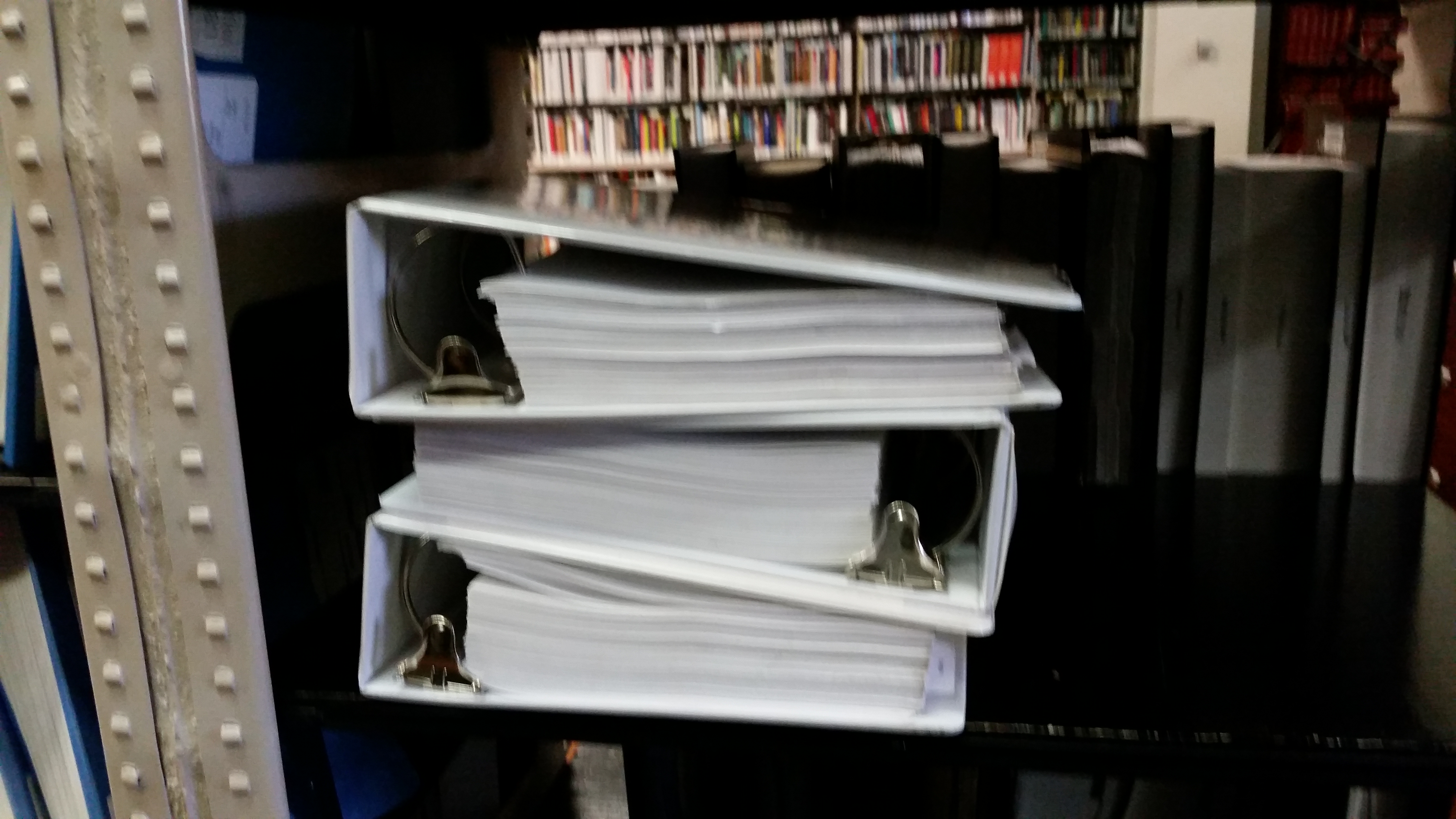Alberta Finance Minister releases First Quarter Update
On 23 August, Joe Ceci, Treasury Board President and Finance Minister released the provincial government's first scorecard on its April budget. The First Quarter Fiscal Update detailed the financial implications of the Fort McMurray wildfire. However, the net impact of the fire, after estimated federal assistance, is minimal in a financial sense but not a human one. A key concern for provincial fiscal planners will be the pace of rebuilding in the Wood Buffalo area and projected rise in employment in this area.
The practice of updating the public on the province's fiscal situation goes back to the mid-1990s when then Treasurer Jim Dinning brought in a batch of fiscal rules to consolidate financial reporting and to mandate firm deadlines for budget updates and financial reports.
Reve...









